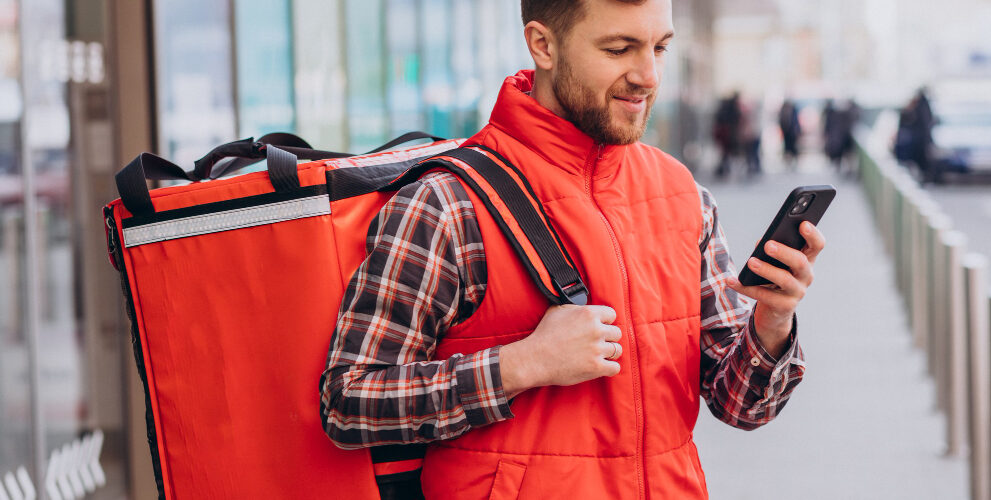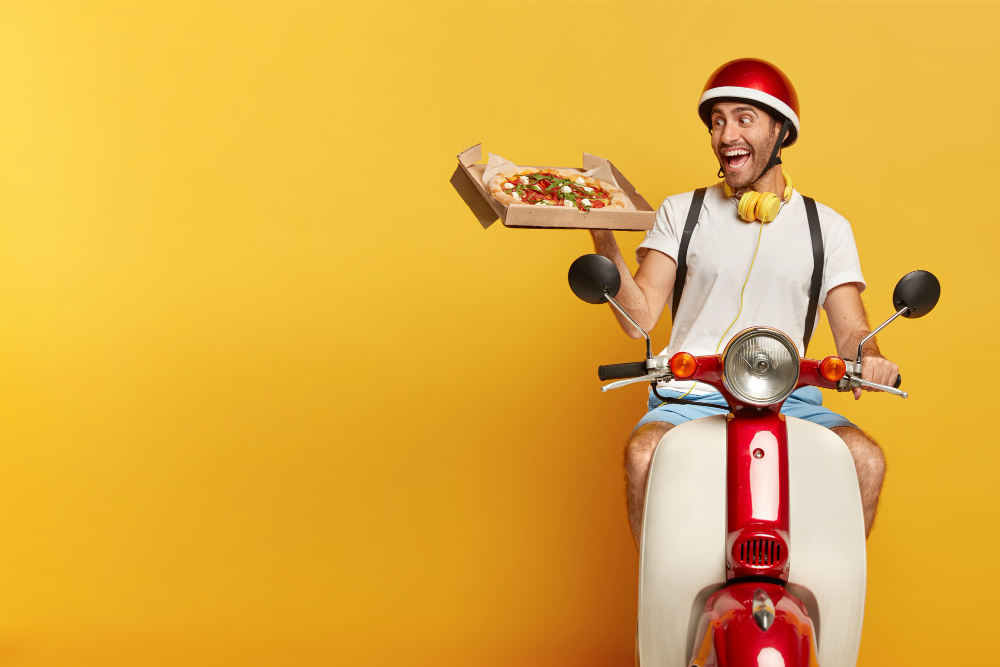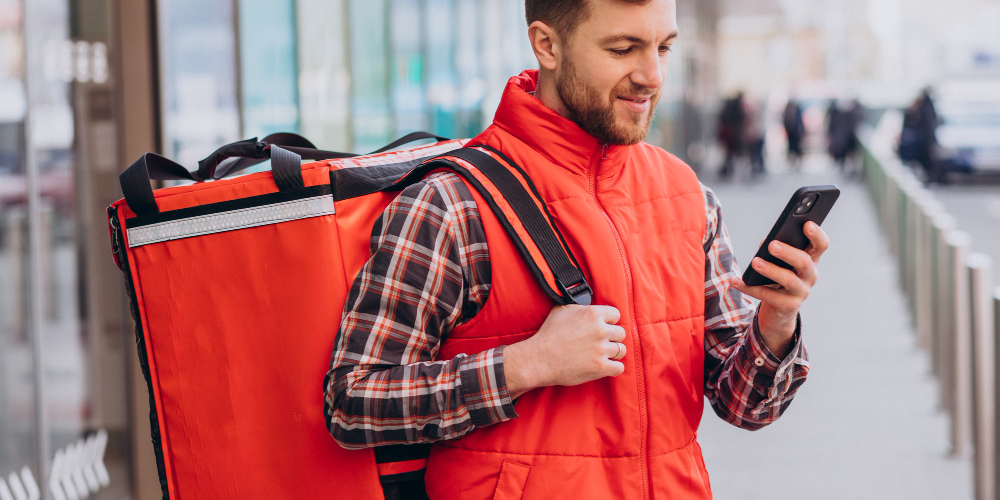Latest
How online food delivery and quick commerce apps are impacting health in India | Explainer
Online food delivery offers unparalleled convenience but is increasingly linked to rising obesity and critical health risks, especially in India
Author
Author
- admin / 4 hours

- 0
- 9 min read

Author
The days of sprinting to the neighbourhood store or planning a weekend meal out have largely faded. Instead, the modern consumer is greeted by personalised menus arranged by algorithms to maximise convenience and craving.
The rise of online food delivery apps has fundamentally altered how people eat, particularly in urban India. Platforms like Zomato, Swiggy, Uber Eats, and a growing number of quick commerce and delivery services have redefined dining from being an event or chore into an almost effortless act. But with this seamless convenience comes an unintended trade-off: reduced physical activity, greater reliance on calorie-dense fast food, and, as emerging data suggests, rising obesity and related health risks.
According to the World Health Organisation (WHO), one in eight people worldwide was living with obesity in 2022. This means that of the 250 crore adults who were overweight in 2022, 89 crore were obese. Obesity was prevalent among children and adolescents too— about 16 crore adolescents aged 5–19 were living with obesity.
Obesity is a rising concern in India too, with UNICEF warning that by 2030, India could have the highest number of overweight and obese children globally, with close to 3 crore adolescents projected to be obese, accounting for 11 per cent of the global burden.
Such weight gain and rising obesity are a major concern, as they dramatically increase the risk of non-communicable diseases (NCDs) such as diabetes, cardiovascular conditions, and joint problems, while also affecting mental health and overall quality of life.
Therefore, it becomes crucial to pause and examine how the growing dependence on online food delivery and quick commerce is reshaping our digital culinary landscape. What was once designed for convenience now demands a balanced approach—one that blends awareness, moderation, and healthier choices. Striking this middle ground is essential, not only for individual well-being but also for understanding the broader implications of this technological shift on public health.
Emergence of food delivery apps and quick commerce apps
The concept of ordering food online is not new. In fact, as early as 1995, a platform called Waiter.com (then known as World Wide Waiter) began offering Internet-based meal delivery in Northern California before expanding to other U.S. cities. Customers browsed digital menus, placed their orders, and paid online—an early blueprint for the systems now ubiquitous across the globe.

In India, however, the sector truly took off only in the last decade, driven by smartphone penetration, low-cost mobile data, and rising disposable incomes. While Zomato, founded in 2008, began as a restaurant discovery service, it entered the delivery space in 2015. Swiggy, launched in 2014, quickly set the pace with its logistics-first model and aggressive expansion, marking the real beginning of India’s food delivery boom.
In fact, according to a 2024 report by Bain & Company and IPO-bound Swiggy, India’s online food delivery market “has grown 2.8 times from 2019 to 2023,” and is expected to grow further at 18 per cent annually, “1.5 times the growth rate of the Indian food services industry.”
While the food services market in India is expected to touch about Rs 9-10 lakh crore by 2030, online food delivery is expected to contribute about 20 per cent to the overall market by this time. The report also highlighted that eating out has traditionally been viewed as a special event for Indian consumers, taking place an average of five times per month.
By 2030, however, this frequency is expected to rise to seven to eight times per month, signalling a cultural transition in food habits. What was once reserved for occasions is increasingly being redefined as everyday convenience, driven by new consumption occasions such as mid-meal snacking and enabled by the expansion of organised supply and rapid growth in food delivery services.
Health implications of the use of these platforms
The convenience offered by online food delivery platforms comes with potential health costs, as emerging research increasingly suggests. Studies from around the world indicate links between frequent use of these services and dietary patterns that may contribute to overweight, obesity, and other health concerns.
A 2024 study on residents of China found that frequent use of food delivery was positively associated with the risk of being overweight and obese. “This study highlights how the simple process of ordering, coupled with a plethora of high-calorie options available through these services, can foster overeating habits and a preference for processed foods over more nutritious alternatives. This trend is concerning, as it indicates a shift in eating habits towards convenience at the expense of nutritional value,” it said.
In the U.S., research titled “Food Delivery Apps and the Negative Health Impacts for Americans” highlights the growing role of food delivery platforms such as DoorDash and GrubHub in American diets. It highlighted that it was already established that “the frequency of eating food from outside of the home is positively associated with a high body mass index,” which becomes particularly concerning when you see that about 10 per cent of US citizens use food delivery services weekly, and more than half order lunch through such apps. “When considering the increasing prevalence rates for overweight and obesity in the U.S., the effects of these digital food-delivery apps could be of great concern,” it adds.
Similarly, in India, a 2021 study titled “Poor Dietary Habits: A Function of Online Food Delivery Fad among Medical and Dental College Students in India” observed comparable trends. “Obesity was significantly associated with poor fitness scores and with a tendency to order junk food. Consumption of sugary food was associated with positive dental history, and those living with parents displayed a good dietary habit score,” it found.
These studies also underline that when you order food online, more often than not, you opt for high-calorie, nutrient-deficient, and ultra-processed food. The American study, for instance, found that the most ordered foods include “a cheeseburger and fries, pizzas, nachos, cheesecake, baby back pork rib, chicken and waffle sliders, etc., indicating that calorie-dense options are some of the most popular selections to be delivered.”
These studies also underscore that the health risks associated with online food delivery are not limited to weight gain and dietary issues. In India, several alarming incidents have highlighted concerns about food quality and safety in quick delivery services. For instance, earlier this year, a man in Noida allegedly discovered a plastic glove inside a sandwich ordered via one of the food delivery platforms.
In fact, the Food Safety and Standards Authority of India (FSSAI) has reinforced stringent regulations for e-commerce food platforms. At a July 2025 meeting with over 70 representatives from major platforms, FSSAI mandated that license and registration numbers must be displayed on all receipts and invoices, warehouse and storage facility details must be disclosed on the FoSCoS portal, all food handlers must undergo Food Safety Training & Certification (FoSTaC), and warehouses must be licensed and regularly monitored. The CEO of FSSAI emphasised that non-compliance would be treated with “utmost seriousness,” underscoring the collective responsibility across the supply chain to ensure food safety.
In this fast-paced life, how do we stay healthy?
Rajeshwari Panda, Head of the Dietetics Department at Medicover Hospital, Kharghar, Navi Mumbai, explained that while online food delivery apps were designed to provide instant convenience, their widespread use has contributed significantly to rising obesity, diabetes, and lifestyle-related diseases in India.
“These platforms, like Zomato and Blinkit, make ultra-processed food easily available to the general population. They are undoubtedly a factor in the rising obesity rates,” she noted.
However, she emphasised that the blame cannot be placed solely on the apps. Lifestyle choices, diet, and individual behaviours also play a key role. Impulsive ordering, late-night cravings, and targeted marketing notifications from food apps often lead people to eat even when they are not hungry.
“App-driven cravings—like Zomato and Swiggy sending messages asking if you are feeling like eating—encourage impulsive buying, making people eat without real hunger,” she added.
She also highlighted the loss of engagement with food. “We are no longer sowing the seeds, buying ingredients, or indulging in the process. The emotional and sensory connection with food is being lost, and nutrition involves not just the gut, but all sensory organs,” she explained.
To mitigate these health risks, Panda suggested moderation and conscious choices. She recommended limiting the frequency of online orders, opting for healthier options such as grilled or steamed meals, choosing whole grains, controlling portion sizes, avoiding extras, and maintaining physical activity. “At least cook one or two items at home whenever possible. Limiting impulsive buying and making informed choices can help balance convenience with health,” she said.
She also stressed the importance of consumer responsibility in food safety. While regulations like those enforced by FSSAI help ensure hygiene and proper expiry checks, individuals must also remain vigilant.
“We cannot rely entirely on marketers or sellers. As consumers, we are the last checkpoint. Before food enters our mouth, it is our responsibility to ensure it is safe, hygienic, and nutritionally appropriate,” Panda noted.
She advised careful label reading and resisting marketing pressures. “Checking the serving size and making choices accordingly are crucial. We must push for healthier options and make the right choices, because ultimately, it is the individual’s responsibility to take care of their health,” she emphasised.
Also read: Is your old pressure cooker silently poisoning your food?
(Do you have a health-related claim that you would like us to fact-check? Send it to us, and we will fact-check it for you! You can send it on WhatsApp at +91-9311223141, mail us at hello@firstcheck.in, or click here to submit it online).










